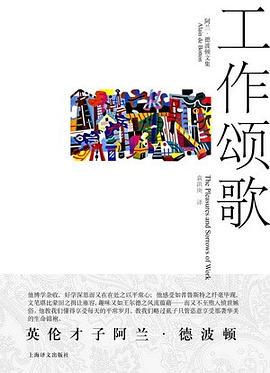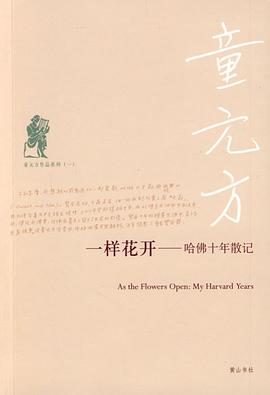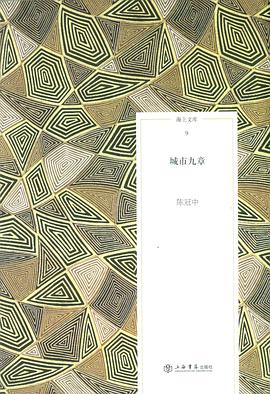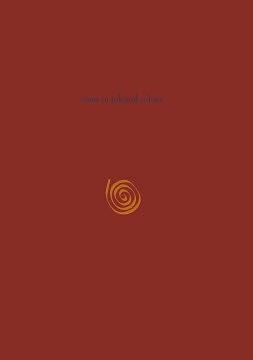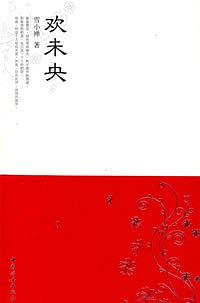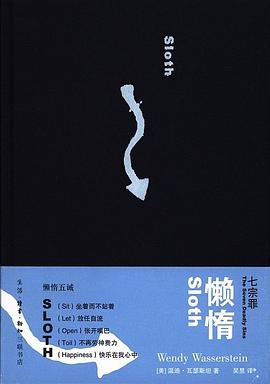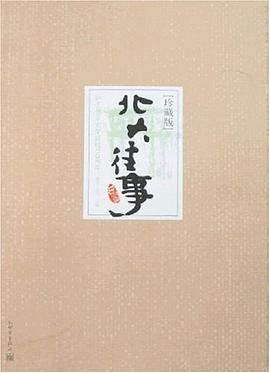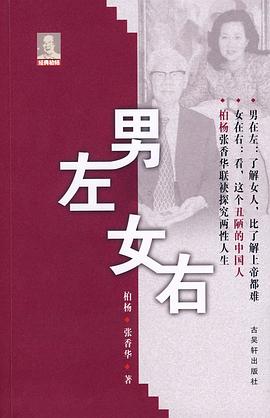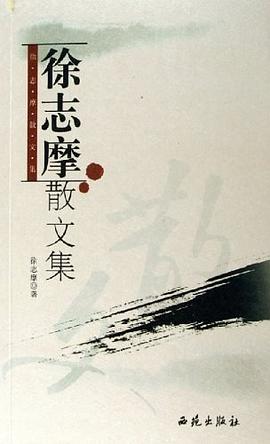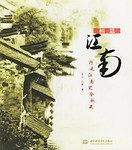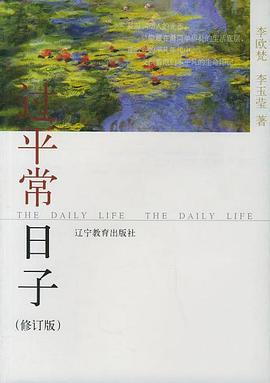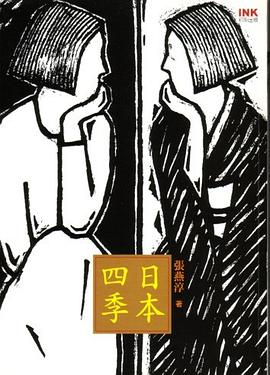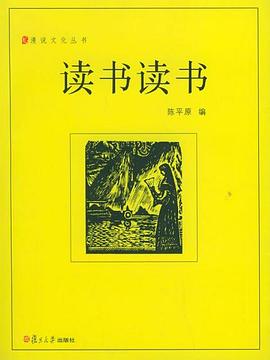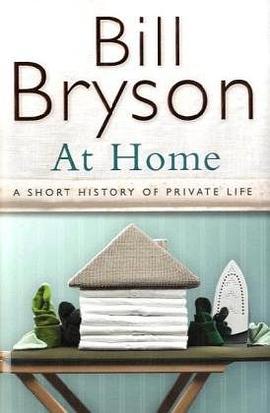

具体描述
“Houses aren’t refuges from history. They are where history ends up.”
Bill Bryson and his family live in a Victorian parsonage in a part of England where nothing of any great significance has happened since the Romans decamped. Yet one day, he began to consider how very little he knew about the ordinary things of life as he found it in that comfortable home. To remedy this, he formed the idea of journeying about his house from room to room to “write a history of the world without leaving home.” The bathroom provides the occasion for a history of hygiene; the bedroom, sex, death, and sleep; the kitchen, nutrition and the spice trade; and so on, as Bryson shows how each has figured in the evolution of private life. Whatever happens in the world, he demonstrates, ends up in our house, in the paint and the pipes and the pillows and every item of furniture.
(front flap)
作者简介
William McGuire "Bill" Bryson, OBE, FRS was born in Des Moines, Iowa, in 1951. He settled in England in 1977, and worked in journalism until he became a full time writer. He lived for many years with his English wife and four children in North Yorkshire. He and his family then moved to New Hampshire in America for a few years, but they have now returned to live in the UK.
In The Lost Continent, Bill Bryson's hilarious first travel book, he chronicled a trip in his mother's Chevy around small town America. It was followed by Neither Here Nor There, an account of his first trip around Europe. Other travel books include the massive bestseller Notes From a Small Island, which won the 2003 World Book Day National Poll to find the book which best represented modern England, followed by A Walk in the Woods (in which Stephen Katz, his travel companion from Neither Here Nor There, made a welcome reappearance), Notes From a Big Country and Down Under.
Bill Bryson has also written several highly praised books on the English language, including Mother Tongue and Made in America. In his last book, he turned his attention to science. A Short History of Nearly Everything was lauded with critical acclaim, and became a huge bestseller. It was shortlisted for the Samuel Johnson Prize, before going on to win the Aventis Prize for Science Books and the Descartes Science Communication Prize. His next book, The Life and Times of the Thunderbolt Kid, is a memoir of growing up in 1950s America, featuring another appearance from his old friend Stephen Katz. October 8 sees the publication of A Really Short History of Nearly Everything.
目录信息
读后感
初识比尔布莱森是通过他的“小不列颠札记”,没有见过作者本人,但是通过那本书不难得出结论,他是个有点小性格,脾气有点差,固执己见而且善于对自己揶揄过头的自以为是的老头。或者是我错了,他的书让我觉得他是这样的。 所以我继续看了他的“走遍烤焦国”和“东西莫辨逛欧洲...
评分《万物简史》作者的新作,打出的宣传语是:房屋不是躲避历史的避难所,而是历史的归宿。不过就我这一路读完的感想,之一是颇不如《万物简史》的精彩,之二是宣传语过喻了些。 这本书的构想是希望通过对一间房屋各部分的研究,去了解某方面历史的变迁。总体上来说,是很好的实现...
评分看简介以为这是一本写那些瓶瓶罐罐的科普书,没想到是一个满宏大的科普书。从一个大房子的边边角角,从调料到花草,从医疗到殖民,絮絮叨叨幽默诙谐的写了蛮厚的一本。挺适合我这种,即想了解历史又看不来枯燥的大部头的普通读者,阅读有时候就是寻找一种乐趣,这本书可以说基...
评分看简介以为这是一本写那些瓶瓶罐罐的科普书,没想到是一个满宏大的科普书。从一个大房子的边边角角,从调料到花草,从医疗到殖民,絮絮叨叨幽默诙谐的写了蛮厚的一本。挺适合我这种,即想了解历史又看不来枯燥的大部头的普通读者,阅读有时候就是寻找一种乐趣,这本书可以说基...
评分一直以为历史,或者说,那些能以“史”的形式写出来的东西,都算得上是一门“学科”,无论文理都是分类细致条理分明,动物史、植物史、天文史、世界史。当然它们也可以写得不具体又不严肃,作为通俗读物,但总的来说,每一种“史”的内部都是井井有条的,那些知识、信息是按共...
用户评价
Usual Bryson facts dotted with dry wit
评分Bryson近来老写这种杂史,讲各种东西的由来。
评分Bryson近来老写这种杂史,讲各种东西的由来。
评分知识点密集哇,history of hygiene/sex/food/death/nutrition/spice trade...作为一个肥宅,很欣喜宅在家里也能有这么厚重的历史感
评分知识点密集哇,history of hygiene/sex/food/death/nutrition/spice trade...作为一个肥宅,很欣喜宅在家里也能有这么厚重的历史感
相关图书
本站所有内容均为互联网搜索引擎提供的公开搜索信息,本站不存储任何数据与内容,任何内容与数据均与本站无关,如有需要请联系相关搜索引擎包括但不限于百度,google,bing,sogou 等
© 2025 book.quotespace.org All Rights Reserved. 小美书屋 版权所有


